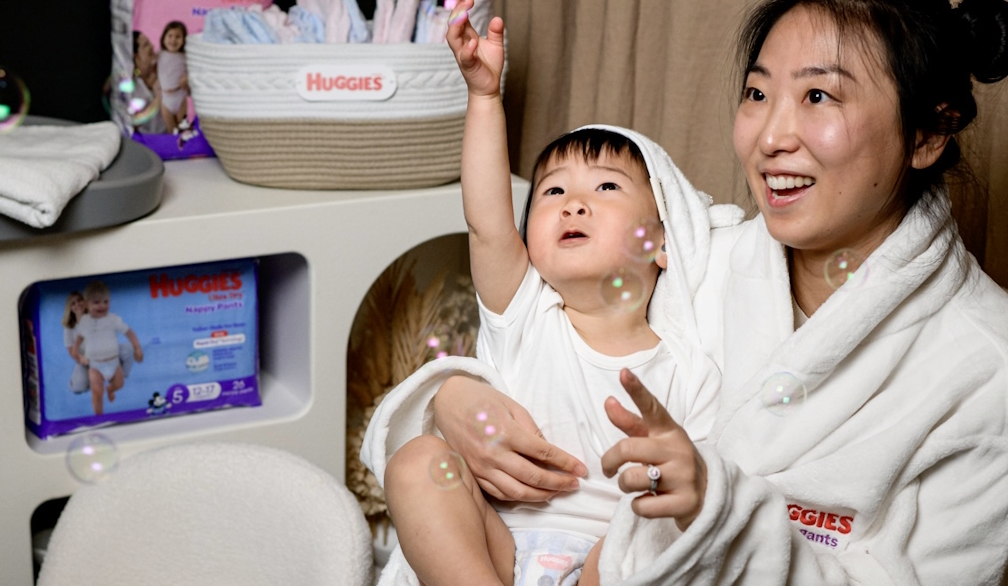Most donor-conceived children are told about their origins, but many parents wish they had more support
- Written by Karyn Anderson, Research Fellow in Obstetrics and Gynaecology, University of Auckland, Waipapa Taumata Rau

Most parents (86%) of donor-conceived children tell them about their origins, but same-sex and single parents are more likely to share that information than heterosexual parents, according to our new anonymous online survey[1].
Knowledge of biological heritage is important for most people – even more so for people who were conceived using donated sperm, eggs or embryos. Our work shows[2] that knowing your heritage or whakapapa provides people with a stronger sense of identity and better wellbeing.
As of November 2024, more than 3,600 people[3] in Aotearoa New Zealand have been recorded as having been conceived in a fertility clinic with the help of a donor.
A donor of sperm, eggs or embryos may be a person known to an intending parent, such as a friend or family member, or an anonymous person provided by a fertility clinic.
Legislation[4] was introduced in 2004 requiring donor identity to be recorded so that donor-conceived people can access this information through a register[5] once they turn 18.
But this can only happen if their parents share that information.
Of 1,300 people with donor-conceived children between the ages of six and 18 on the register, nearly a third took part in our survey. Our aim was to find out whether parents had shared their children’s conception story, what the experience was like and what support they received.
Half who answered the survey were two-parent heterosexual families. And although most had disclosed, one in five had not. A quarter of the people who responded were single parents and the remainder were gay or lesbian. Nine out of ten in these groups had disclosed.
One obvious reason for the higher rate among single parents and gay or lesbian parents is the need to account for the absence of a parent of a different gender. There was no difference between those who had shared and those who had not in terms of ethnicity, donor type (family, friend or clinic donor) and donation type (sperm, egg).
On average, children were six-and-a-half years old at the time they were first told. This is similar to other international research[6] of the age at which donor conception was shared with children.
It is generally recommended to tell children about being donor-conceived as soon as possible. Of all people who answered the survey, one in ten parents who had not yet shared with their child did plan to do so.
It was encouraging that very few parents were unsure or planned not to share donor conception with their children. Some of the reasons for not sharing included concerns about the effect disclosure would have on the child and or their relationship with their child. Other reasons included being unsure about how to share the information.
Our survey also highlights gaps in the support and counselling for parents. One third of all parents wanted assistance for making contact with the donor. This proportion is even higher for those who used clinic donors (as opposed to known donors), with half indicating they wanted assistance.
Most parents were aware of the legislation and its principles. But a third of the parents who used a donor they didn’t already know were not aware of how to access this information. Only one in five parents with no prior identifying information on the donor had used the registry to access information after donation.
The survey response rate of 28% suggests results could be biased, given parents who have not shared how their child was conceived may be less likely to participate in research exploring disclosure decisions.
We shared these findings at a hui[7] attended by donor-conceived people, researchers and fertility clinic staff. Some people told moving stories about meeting their donors, while others were angry they hadn’t been told of their donor-conceived origins until they were adults.
We recommend fertility clinics follow up with parents after their child has been born to offer support. Some fertility clinics have already started to take steps to improve counselling at the time of the donor treatment, and to provide ongoing support for parents as the child grows up.
References
- ^ new anonymous online survey (www.fertstert.org)
- ^ work shows (www.dianz.auckland.ac.nz)
- ^ 3,600 people (www.dia.govt.nz)
- ^ Legislation (www.legislation.govt.nz)
- ^ through a register (www.govt.nz)
- ^ international research (academic.oup.com)
- ^ these findings at a hui (www.dianz.auckland.ac.nz)




















